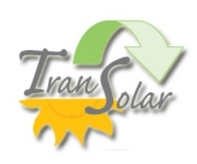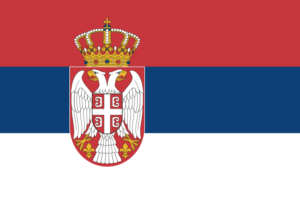Trans-Solar: Knowledge Transfer to 7 CEE Partner Countries
July 15, 2010
Logo Trans-Solar
 After running for 26 months, the European Trans-Solar project finally ended in January 2010. Its aim had been to transfer solar thermal know-how from the old EU Member States to the countries of Central and Eastern Europe.
After running for 26 months, the European Trans-Solar project finally ended in January 2010. Its aim had been to transfer solar thermal know-how from the old EU Member States to the countries of Central and Eastern Europe.
Source: http://www.cres.gr/trans-solar/
With the transformation of the Central and Eastern European economies in the nineties of the last century, their often thriving solar thermal markets had come to an almost complete halt. Nevertheless, there were signs of recovery and even strong growth (e.g., in Poland) in some of those countries in more recent times. The aim of the Trans-Solar project (Transfer of experience for the development of Solar thermal products, from 1 December 2007 to 31 January 2010) was to support such developments by transferring know-how in the manufacturing and marketing of solar thermal products from the old EU Member States to the new members in Central and Eastern Europe. Therefore, the project’s coordinators worked on compiling information packages and organizing a series of workshops and trade missions to the 7 respective CEE partner countries.
The project framework included organizing national workshops in the participating countries, namely Bulgaria, Romania, Slovenia, Poland, Croatia, Czech Republic and Hungary, in order to provide information on solar technology adapted to local conditions. It encompassed up-to-date technical, marketing and policy knowledge to support the development of the national thermal markets.
The project’s objectives were:
- Transfer manufacturers’ and installers’ experience from the most developed European solar thermal markets
- Disseminate the latest information about European standards and certification schemes and promote policies specifically intended to increase the use of solar thermal products in these countries
- Promote networking and create business links between the most and the least developed European markets
- Build capacities for national associations of solar thermal manufacturers and installers, in order to strengthen their presence in the respective national and European markets
The country fact sheets (see attached report) of Poland, Hungary, Croatia, Bulgaria, and Slovenia, which were published in March 2010, show the development of solar thermal technology in five of the participating countries.
The project was able to identify constantly growing markets in all of the selected countries, some of them even showing significant growth rates. According to the project’s report, the main hurdle for further growth of the market seems to be the negative effect previous bad experiences of poor quality installations and maintenance have on potential solar thermal costumers. A lack of incentives is stated as another important deterrent: In several cases, there is general interest in solar thermal, but the upfront costs of the investment are too high, particularly in countries with lower than (EU) average income per capita. In such instances, financial incentives would be a major driving force.
Further conclusions of the project:
- There is a lot of interest in best practices, innovative technologies, as well as standardization and certification issues.
- In most of the countries, there are no national market associations and, where they exist, the interest in exchanging experiences with other European associations and ESTIF is high.
Trans-Solar achieved to map the situation in the selected CEE countries by creating national reports and preparing fact sheets. It also collected relevant contacts, which have been included in the national reports and a database. In combination with the project website, all of the above-mentioned items could prove useful to anyone wanting to learn about or invest, cooperate or exchange experience in the solar thermal markets of these countries.
More information:
http://www.cres.gr/trans-solar/

